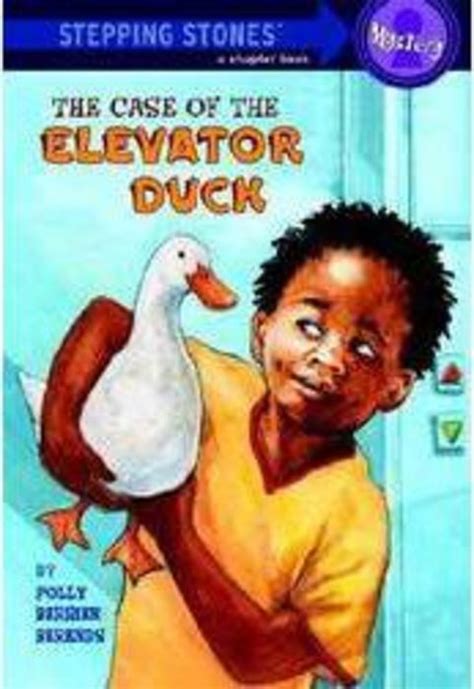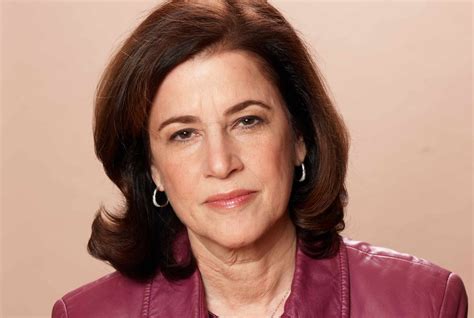A Quote by Alain de Botton
Parents become very good at not hearing the explicit words and listening instead to what the child means but doesn't yet know how to say: 'I'm lonely, in pain, frightened' - distress which then unfairly comes out as an attack on the safest, kindest, most reliable thing in the child's world: the parent.
Related Quotes
The traditional paradigm of parenting has been very hierarchical, the parent knows best and very top down. Conscious parenting topples [this paradigm] on its head and creates this mutuality, this circularity where both parent and child serve each other and where in fact, perhaps, the child could be even more of a guru for the parent .... teaching the parent how the parent needs to grow, teaching the parent how to enter the present moment like only children know how to do.
Training moments occur when both parents and children do their jobs. The parent's job is to make the rule. The child's job is to break the rule. The parent then corrects and disciplines. The child breaks the rule again, and the parent manages the consequences and empathy that then turn the rule into reality and internal structure for the child.
Compared to other parents, remarried parents seem more desirous of their child's approval, more alert to the child's emotional state, and more sensitive in their parent-child relations. Perhaps this is the result of heightened empathy for the child's suffering, perhaps it is a guilt reaction; in either case, it gives the child a potent weapon--the power to disrupt the new household and come between parent and the new spouse.
The colicky baby who becomes calm, the quiet infant who throws temper tantrums at two, the wild child at four who becomes seriousand studious at six all seem to surprise their parents. It is difficult to let go of one's image of a child, say goodbye to the child a parent knows, and get accustomed to this slightly new child inhabiting the known child's body.
I get so sick and tired of hearing people gripe about what their parents did to them. You know what your parents did to you? The best thing they could do. The best thing they knew how, the only thing in many cases that they knew how. Nobody has set out maliciously to hurt their child, unless they were psychotic.
Conscious parenting is a new paradign shift in the way we look at our roles as parents. It's turning the spot light away from fixing the child and managing the child, obsession with all things that have to do with the child and the child centric approach and really focusing on the evolution of the parent. It about fully understanding that unless the parent has raised themselves to a certain level of emotional integration and maturity, they will really not be able to do true service to the child's spirit.



































